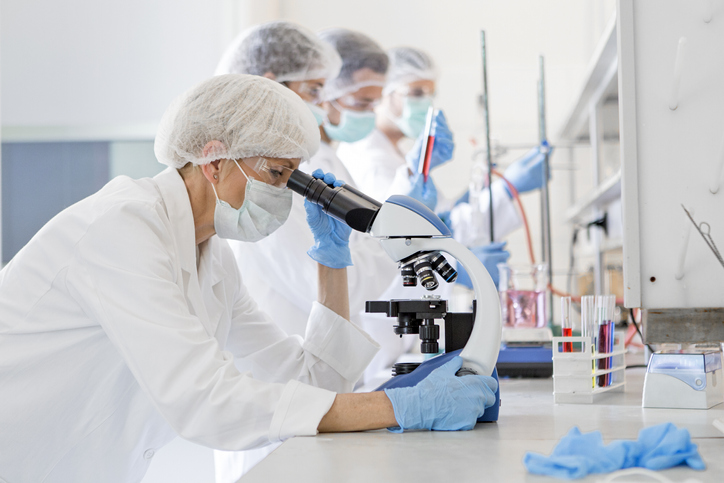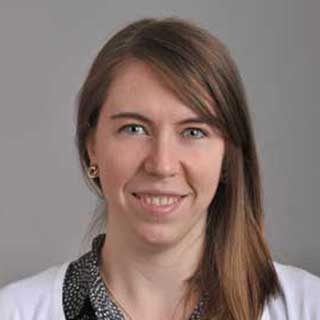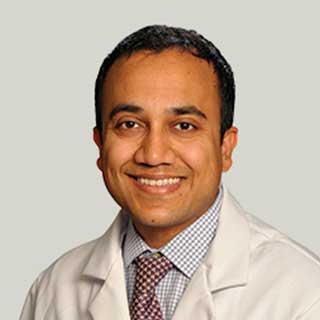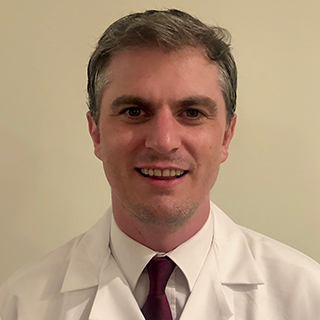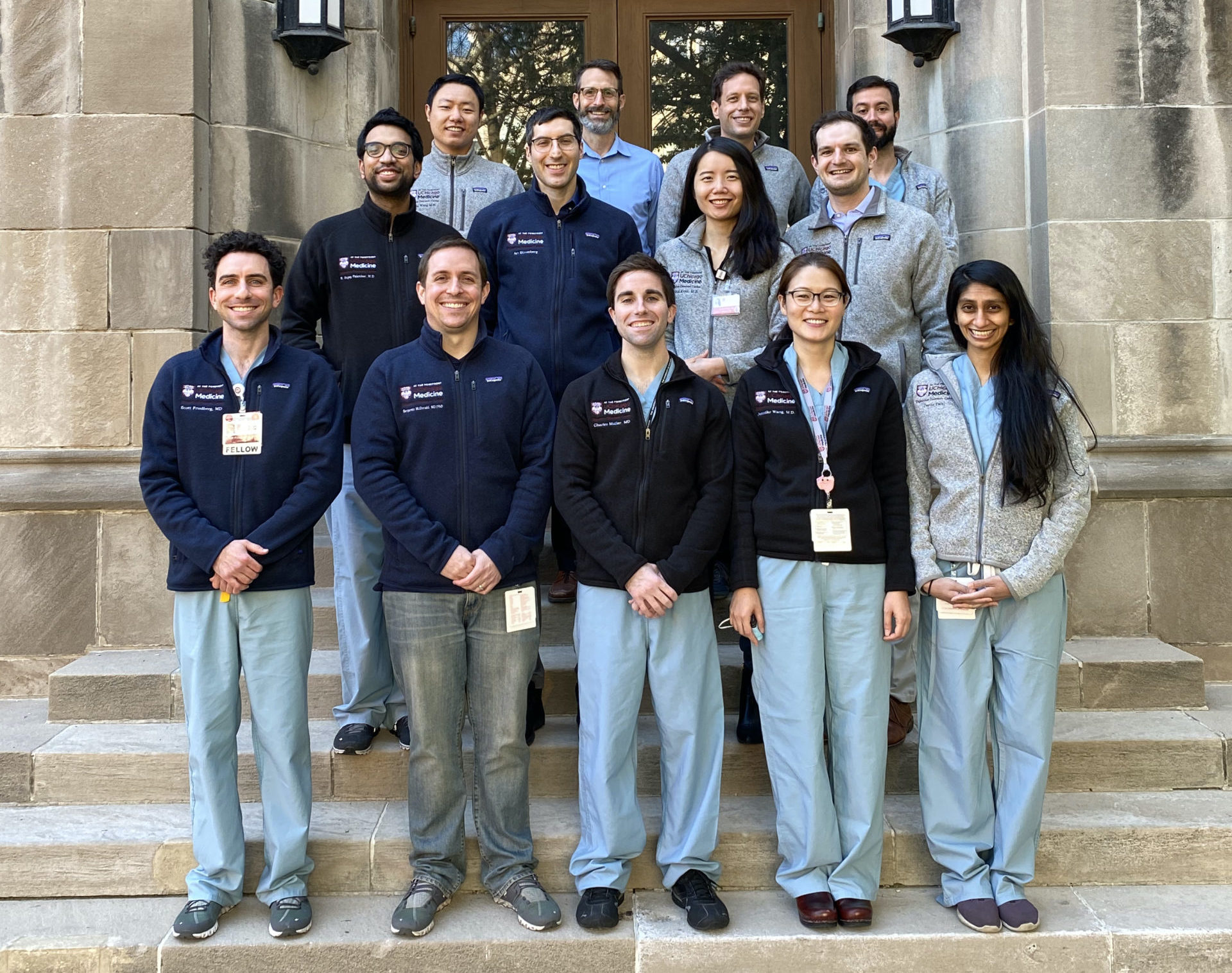RESEARCH IMPACT
Changing Lives Through Groundbreaking Science
We are independent partners of the internationally-recognized University of Chicago Medicine Digestive Diseases Center. Our unique partnership gives us a front-row seat in innovation and discovery.
Grant Awards
We have raised millions of dollars to change the lives of those living with digestive diseases. We see those dollars at work in profound ways: research breakthroughs, treatment advancements, innovative approaches to patient care. These all support our highest ambition—to support the discovery of cures for digestive diseases.
Our Commitment to Research
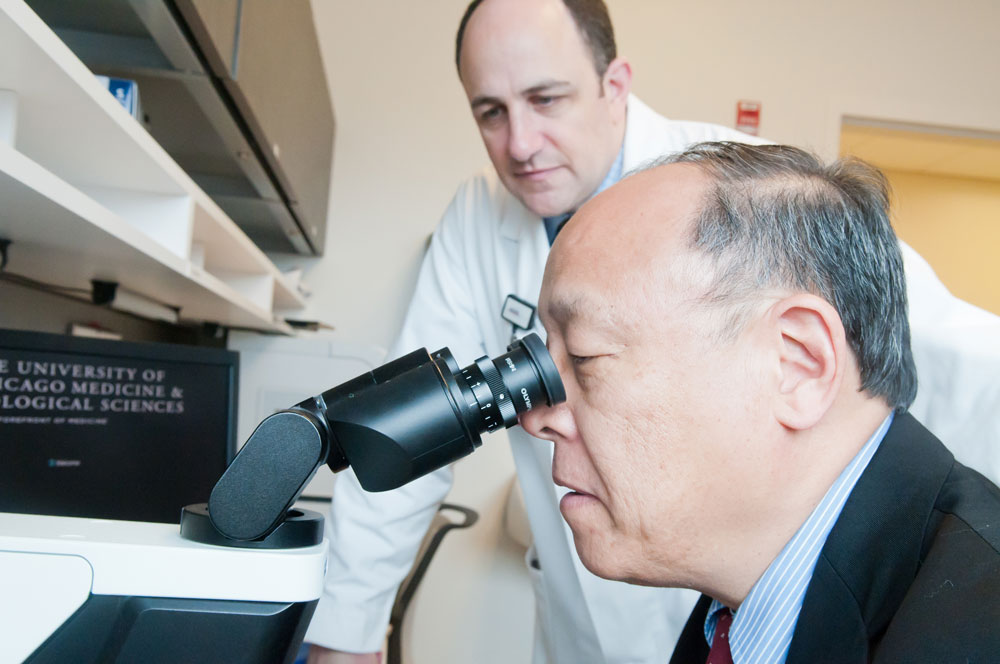
Scientific Discovery
- The first gene associated with Crohn’s disease (NOD2)
- “Deep remission” in IBD
- The immune factors related to celiac disease
- The first animal model (mouse) of celiac disease
- The impact of high-fat diet on the microbiome (lipids)
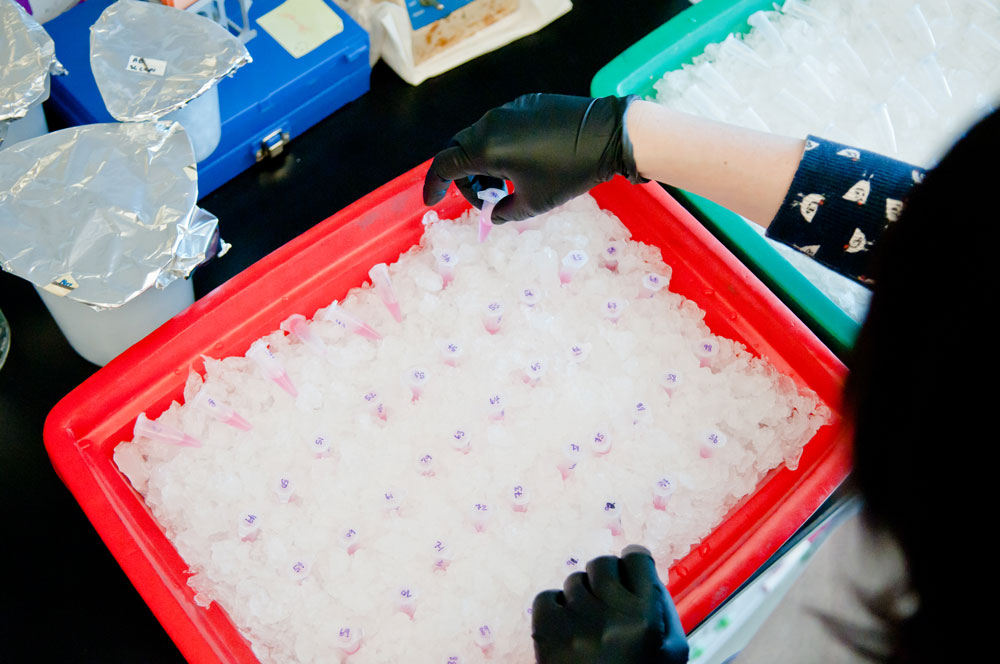
Clinical Breakthroughs
- The first living donor liver transplant from parent to child
- Lifesaving hepatitis-C positive liver transplant
- Successful long-term home Parenteral Nutrition protocols and management of short bowel/intestinal failure
- Population-specific colon cancer screening protocols to reduce mortality rates
- Treatment targets that allow some IBD patients to stop medical therapy
- International guidelines on the treatment of inflammatory bowel disease during the COVID-19 pandemic

Looking Deeper
- Exploring the use of intestinal microbiota transfer for digestive diseases
- Funding a groundbreaking study to discover the cause of ulcerative colitis
- Establishing international clinical trials leading to a cure for Hepatitis C
- Investigating the circadian clock of the gut microbiome and impact on digestive function
- Examining hereditary screening protocols as well as precision treatment and prevention of colorectal cancer
- Studying tissue and microbiome changes in small bowel following j-pouch surger

